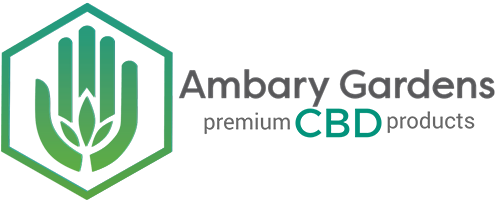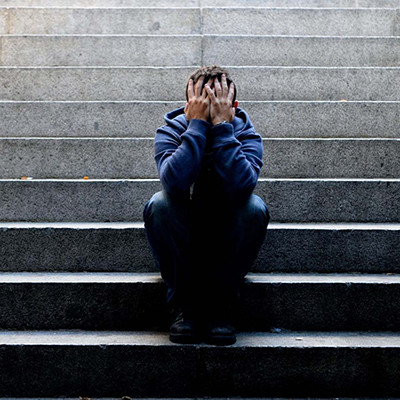Life is unpredictable. In perhaps the most divisive time in our history, that is one thing surely we can all agree upon. I, like most people, embraced the new decade and welcomed 2020 with open arms. There was a general consensus of excitement and optimism, not to mention the obvious reference to 20/20 renewed clarity, perfect vision, etc. Needless to say, as I navigate the one-way only maze of grocery store aisles wearing a tie dye face mask, I certainly did not see this coming.
What began as a situation abroad, The Coronavirus pandemic has quickly ravaged nearly every country in the world and has quite literally changed everything. Within a matter of months we have learned to fear the company of even our closest family and friends. Every major retail outlet now offers a line of fashion-forward face masks. Our favorite sports teams play to empty stadiums and tv commercials unanimously tout “in this together” messages. It goes without saying the devastating effects of this pandemic are without measure and will be felt for generations to come.
Today, we are constantly assessing our physical health for symptoms of Coronavirus. A runny nose begs the question “Is it seasonal allergies or the beginning stages of a potentially lethal, incurable virus? Not an ideal way to wake up but at least it’s measurable. What about the racing thoughts, sleepless nights, sweaty palms, pounding heart and irritability? These common signs of anxiety are on the rise in many people and indicate the looming, less obvious, emotional toll of this virus. It comes as no surprise that the U.S was a clinically anxious place prior to the pandemic, with nearly 20% of adults suffering from some sort of anxiety in a given year. Only time will tell just how significant the rise in mental illness will be but doctors across the world are reporting new anxieties among existing patients and relapses among former ones. Simultaneously, prescriptions for anti-anxiety medicine started climbing in mid-February, spiking 34% by March 15th. What is even more alarming is that 78% of all antidepressant, antianxiety and anti-insomnia medications prescribed were for new prescriptions! Under normal circumstances, physicians typically avoid prescribing these medications due to their highly addictive nature and potential for abuse, so this spike is very alarming. Having said that, it’s important that people understand there are other, more natural options including talk therapy, exercise, mediation and you guessed it, CBD.
Anxiety is defined as “a feeling of worry, nervousness, or unease, typically about an imminent event or something with an uncertain outcome” aka, 2020 in a nutshell. Although unique to the individual, general symptoms of anxiety include excessive worry, restlessness, fatigue, irritability, muscle tension and difficulties with sleep. Cannabidiol (CBD,) one of 113 cannabinoids found in the cannabis plant, can alleviate anxiety by helping the body process serotonin, a hormone and neurotransmitter that plays a role in regulating emotions (Russo, EB et al. Agonistic properties of cannabidiol at 5-HT1a receptors.) The process by which this occurs is similar to that of a serotine reuptake inhibitor (think Prozac) and goes to show why so many of our customers have found success using CBD for relief from mental and physical distress. Effectiveness aside, CBD as an alternative remedy is also non-addictive in nature. In fact, it does not have potential for abuse or dependency according to the World Health Organization. There’s really nothing better than hearing our customer’s success stories and they are plentiful but until recently, this anecdotal evidence was quite often what we relied upon when considering CBD as an anti-anxiety medicine. Today however, countless human trials and relative clinical research is being done and the results are very exciting. For example, just last year, a randomized placebo study was published in which Japanese teenagers with social anxiety and avoidant personality disorder were given 300mg of pure CBD or a placebo daily over four weeks. Not only did CBD significantly decrease their anxiety, but half of the participants given CBD expressed a wish to seek therapy or further treatment at the end of the study while none of the placebo group mentioned such a desire. In yet another recent experiment, researchers conduct a comprehensive study of anxiety patients at a clinic in Fort Collins, Colorado. Each patient was given a daily dose of CBD oil and of the 72 patients that were struggling with chronic anxiety, 79% saw notable improvements within the first month. By the second month, 78% said they had seen a further improvement in anxiety symptoms. These finding are just the tip of the iceberg and further support what we have been seeing all along.
Like many of you, I probably do not know what today’s date is, not to mention which month we’re in, but I do know it’s 8:00PM, based on the distinct howl of my community. Although unexpected, we find ourselves discussing projected disease models, R0 values and flattened curve scenarios. We understand that face masks are in fact, the hottest new accessory and can really tie an outfit together. We agree that our essential workers are the backbone of our society who deserve the utmost respect and praise. Let’s face it, when you begin a new year googling “how to make toilet paper,” it really is only up from there. With a little humor and a lot of CBD, we will get through this uncertain time and ironically, 2020 has indeed been exciting and ultimately, will force us to see things more clearly than ever before.

